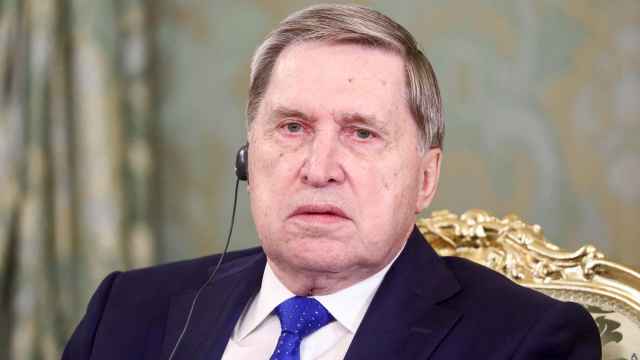The Finance Ministry predicted serious difficulties on Friday for the budget in 2016 and 2017, as slowing economic growth means there will be insufficient funds available to honor spending commitments.
Short-term and long-term growth forecasts for the Russian economy have been cut repeatedly this year, with officials warning Russia is entering a period of economic stagnation.
"We see big problems in 2016 and 2017," Finance Minister Anton Siluanov said, Prime reported.
"Now is the time when we need to take decisions about the curtailment of previous commitments so that we can reach a balanced budget in the medium and long term," he told reporters.
Siluanov said that social spending pledges would be fulfilled, but that wage rises should be accompanied by an increase in efficiency, according to Prime.
Officials expect the economy to grow at just 1.4 percent this year, the lowest rate since the recession in 2009, and far short of the 7 percent annual growth during President Vladimir Putin's first two presidential terms.
Siluanov singled out defense spending and transfers to the state pension fund, which runs a large deficit, as two of the biggest pressures on the budget.
Putin made a series of lavish social spending pledges, the so-called May Decrees, the day after he was inaugurated for a third presidential term in 2012.
A total of 2.1 trillion rubles ($63.7 billion) in the 2014 to 2016 budget was earmarked for the fulfillment of the May Decrees, Siluanov said in September. That budget was signed into law by Putin earlier this week.
A Message from The Moscow Times:
Dear readers,
We are facing unprecedented challenges. Russia's Prosecutor General's Office has designated The Moscow Times as an "undesirable" organization, criminalizing our work and putting our staff at risk of prosecution. This follows our earlier unjust labeling as a "foreign agent."
These actions are direct attempts to silence independent journalism in Russia. The authorities claim our work "discredits the decisions of the Russian leadership." We see things differently: we strive to provide accurate, unbiased reporting on Russia.
We, the journalists of The Moscow Times, refuse to be silenced. But to continue our work, we need your help.
Your support, no matter how small, makes a world of difference. If you can, please support us monthly starting from just $2. It's quick to set up, and every contribution makes a significant impact.
By supporting The Moscow Times, you're defending open, independent journalism in the face of repression. Thank you for standing with us.
Remind me later.





